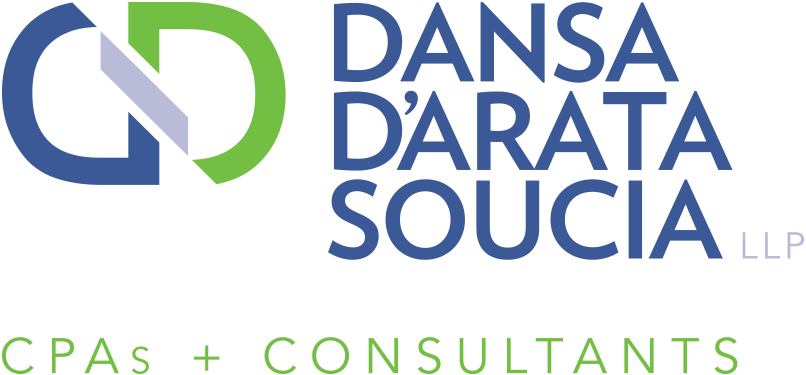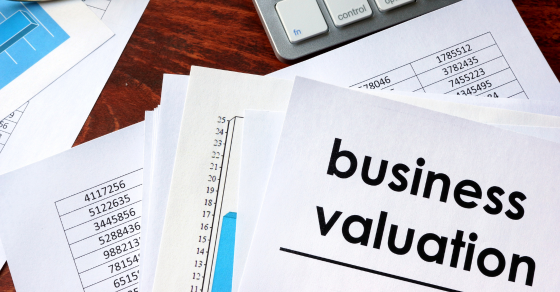Business Valuations
Whether you’re thinking of selling your business, looking for new investors, or dividing assets during divorce, there may come a time where you need to evaluate the economic worth of your business. Determining the value of a business isn’t simple, which is why many business owners decide to work with experienced professionals to receive a detailed, unbiased evaluation of their business. Regardless, if you need to determine the value of your business, it’s important to understand how this process works. The article below discusses three common valuation methodologies and useful tools to aid in your evaluation.
The Income Approach
The income approach estimates the future income to calculate the present value of a business. There are two methods when using the income approach: capitalization of earnings and discounting of cash flow. The capitalization of earnings method is used for companies with steady earnings and slow stable growth. The discounting of cash flow method is used for companies with future earnings that are expected to fluctuate or already have fluctuated in past years. When using this method, the valuator discounts the value of the business based on the potential risks to a new buyer.
The Asset Approach
The asset approach focuses on recognizing the difference between the fair market value of the assets and liabilities of the business. This approach is often used when the assets of the business exceed the values projected by the income or the market approaches. This approach is best suited for companies that are struggling to earn profits and/or companies that own a large amount of assets.
The Market Approach
The market approach is best suited for companies that are expected to be sold within the year or are a part of a larger franchise. The valuator analyzes the business and then searches for comparable companies that have been sold recently. In order for this approach to be successful, the valuator must be able to locate recent sales of companies from within the same industry with similar earnings within the same geographic region. This approach is not often used due to the difficulty of establishing comparable sales.
Business Reference Guide
The Business Reference Guide is an invaluable tool for any professional in the business transaction or valuation profession. A new edition of this book comes out every year in order to provide up-to-date information for business pricing. The guide is developed by industry experts who accumulate data on recent sales in order to create the “rules of thumb.” These approximation guidelines are useful in determining a rough estimate of value or assisting the valuator in determining which business valuation approaches are most appropriate.
Contact Us
Valuations are not “one-size fits all” and it takes a skilled valuation expert to determine the appropriate methodology. Our team of business valuation experts have decades of experience in a wide variety of industries and understand the different market risks to consider when valuing your business or a target business.
Contact Susan Grzybowski, CVA, Manager of Litigation and Valuation Services, to learn more about business valuation.

Brianna is a staff accountant at Dansa D’Arata Soucia LLP.

